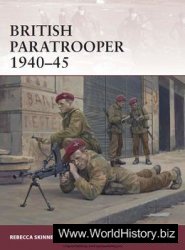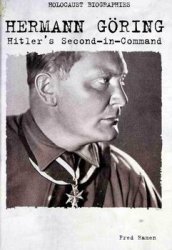From Teheran onwards the late of Poland was interwoven with
that of the Reich. Only another war could have prevented Stalin
from reabsorbing Poland's eastern provinces, which were populated
by Bielorussians and Ukrainans. No one wanted to gamble
on a war between the Allies. The solution was to repav Poland
with the territory from the west up to the Oder Neisse line. The
Polish government in London and the Lublin Committee concurred
on this one point. Stalin wanted this adjustment of the
Western frontier to produce a permanent amalgamation of
Poland with Germany. Only Churchill had qualms about 'stuffing
the Polish goose'. However, there was an Eastern Neisse and
a Western Neisse. At Yalta, a final choice between the two was
postponed until a peace treaty had been drawn up. At Potsdam
Soviet Russia confronted her allies with two accomplished facts:
direct rule had been restored within the territories which in
principle belonged to Poland; and the western frontiers of these
territories coincided with the Eastern Neisse. Since the German
population had largely withdrawn from the area and Polish settlers
had begun to replace them, the question had been settled
in practice if not bv law.
The British and Americans had advocated joint rule in Poland
by the London and Lublin governments, but Stalin regarded the
London government as enemies of Russia and refused it status
equal with Lublin. The Lublin Committee had already established
itself in Poland and was making laws and administering
them. The London rivals were interned. Stalin called a meeting
of the Polish resistance leaders at Moscow and threw them into
prison. The Americans and British had no choice but to give
in. As the skeleton of the new Polish government was communist,
it was clear that Poland would adjust her internal and
foreign policies to accord with Soviet Russia. It was agreed that
the Polish people should have the opportunitv of ratifying the
arrangement in a free election, but when it came to the (act,
Stalin vigorously opposed the presence of foreign observers in
Poland during the elections. He argued that this would be an
insult to the Poles. The elections were supervised by the Red
Army.




 World History
World History









